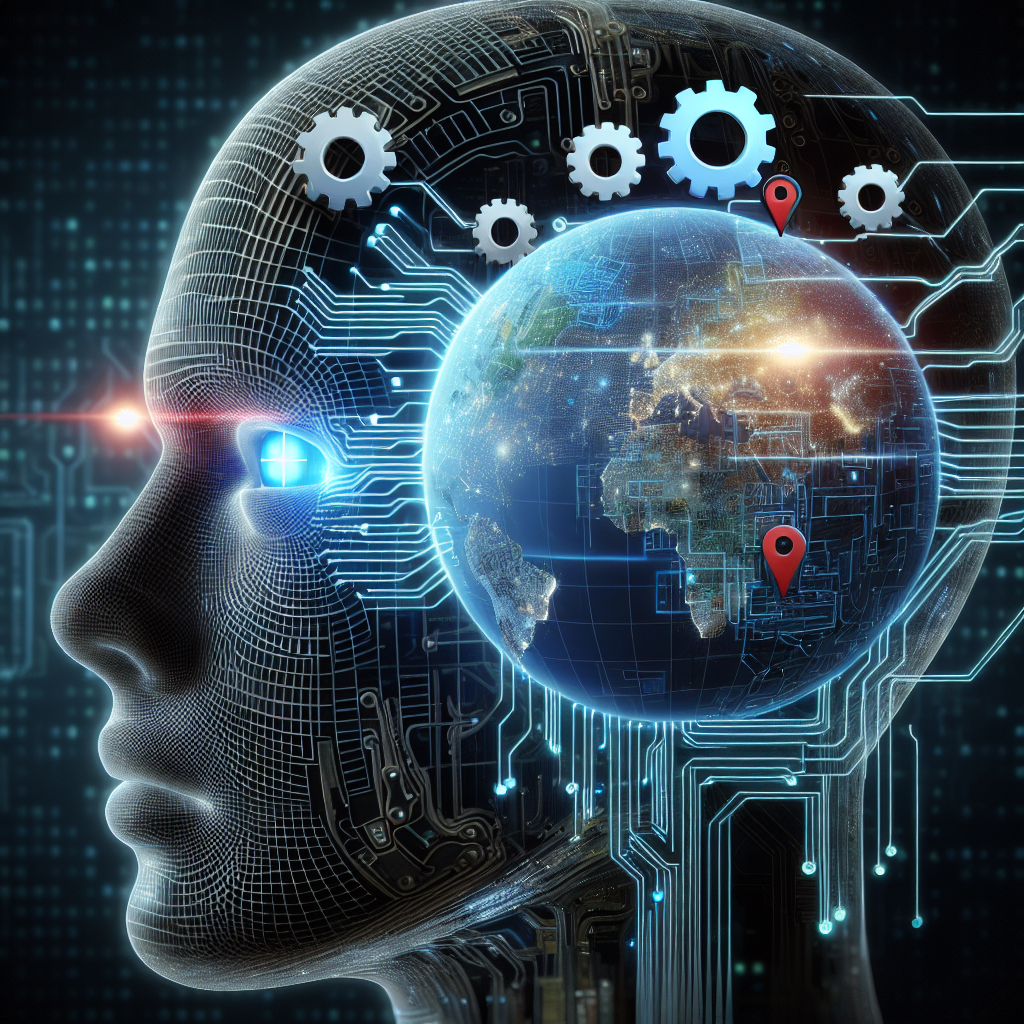AI, or artificial intelligence, is revolutionizing the world in many ways, including redefining the concept of place. The traditional idea of place is often tied to physical locations, such as a home, office, or city. However, with the advancements in AI technology, the concept of place is no longer limited to physical spaces. AI is enabling us to create virtual spaces, connect people across different locations, and even experience places in ways that were previously unimaginable.
One of the key ways in which AI is redefining the concept of place is through virtual reality (VR) and augmented reality (AR) technologies. These technologies allow us to create immersive virtual environments that can simulate real-world places or completely new and fantastical worlds. With AI-powered algorithms, these virtual spaces can be incredibly detailed, realistic, and interactive, providing users with a sense of presence and immersion that was previously only possible in the physical world.
For example, architects and urban planners can use AI-powered VR tools to visualize and design new buildings and cities in a virtual space before they are built in the real world. This not only saves time and money but also allows for more creative and innovative designs that may not have been possible using traditional methods. Similarly, companies can use AR technology to create virtual showrooms or product demos, allowing customers to experience their products in a virtual space before making a purchase.
AI is also redefining the concept of place through its ability to connect people across different locations. With AI-powered communication tools such as video conferencing, instant messaging, and social media, people can now interact and collaborate with others regardless of their physical location. This has profound implications for how we think about place, as our sense of community and belonging is no longer tied to a specific geographic location.
Furthermore, AI is enabling us to experience places in ways that were previously impossible. For example, AI-powered algorithms can analyze vast amounts of data to create detailed maps and models of places that are difficult to access, such as deep-sea environments or outer space. Scientists and researchers can use these models to study and explore these places in ways that were previously only possible through physical exploration.
In addition to redefining the concept of place, AI is also transforming how we interact with physical spaces. AI-powered smart home devices, such as voice assistants and smart thermostats, can learn and adapt to our preferences, making our homes more comfortable and efficient. AI-powered navigation apps can help us find our way in unfamiliar places, while AI-powered security systems can help keep our homes and workplaces safe.
Overall, AI is redefining the concept of place in profound ways, enabling us to create virtual environments, connect people across different locations, and experience places in ways that were previously unimaginable. As AI technology continues to advance, we can expect to see even more innovative applications that will further blur the lines between the physical and virtual worlds.
FAQs:
Q: How is AI redefining the concept of place?
A: AI is redefining the concept of place by enabling us to create virtual environments, connect people across different locations, and experience places in new and innovative ways.
Q: What are some examples of AI-powered technologies that are redefining the concept of place?
A: Some examples include virtual reality and augmented reality technologies, AI-powered communication tools, smart home devices, and navigation apps.
Q: How is AI transforming how we interact with physical spaces?
A: AI is transforming how we interact with physical spaces by enabling smart home devices, navigation apps, and security systems that can learn and adapt to our preferences, making our environments more comfortable, efficient, and secure.
Q: What are some potential future applications of AI in redefining the concept of place?
A: Some potential future applications include AI-powered robots that can explore and interact with physical spaces, AI-powered simulations of historical or fictional places, and AI-powered tools for urban planning and design.

